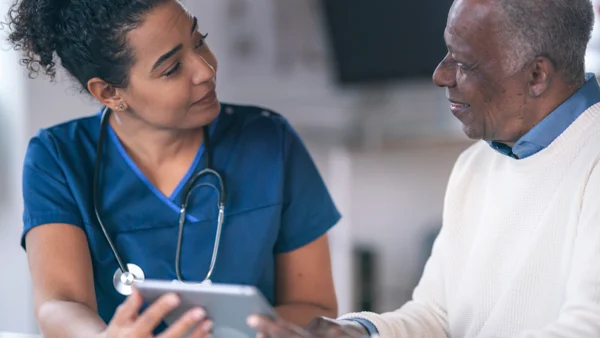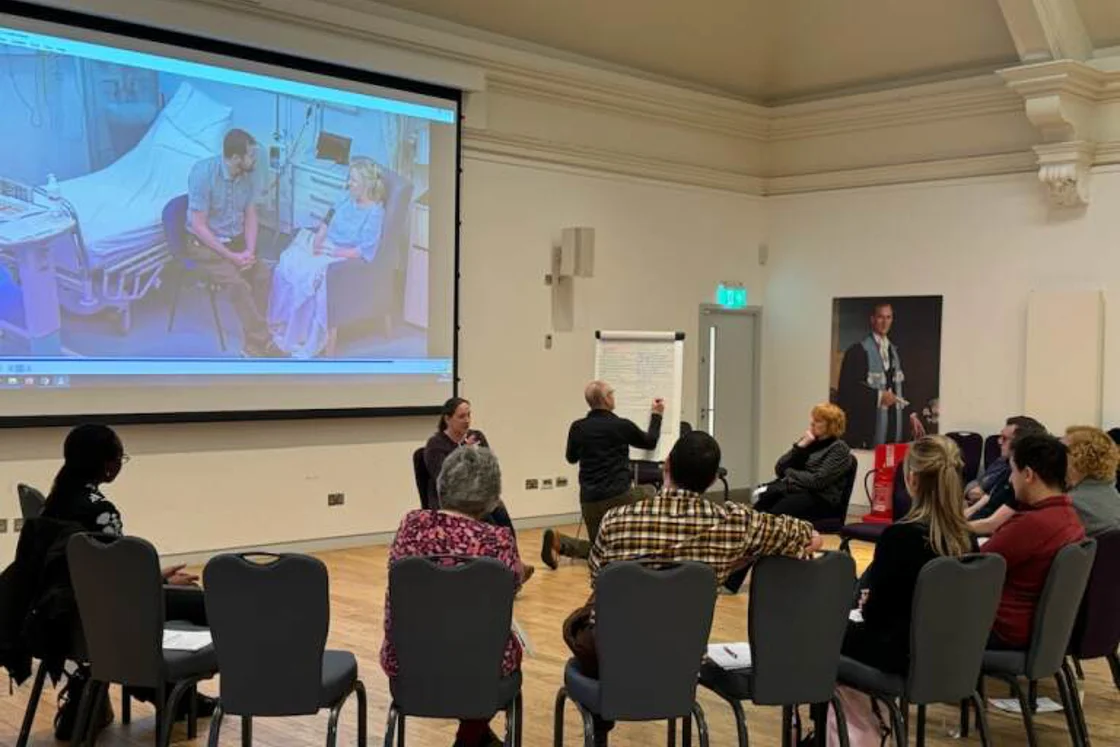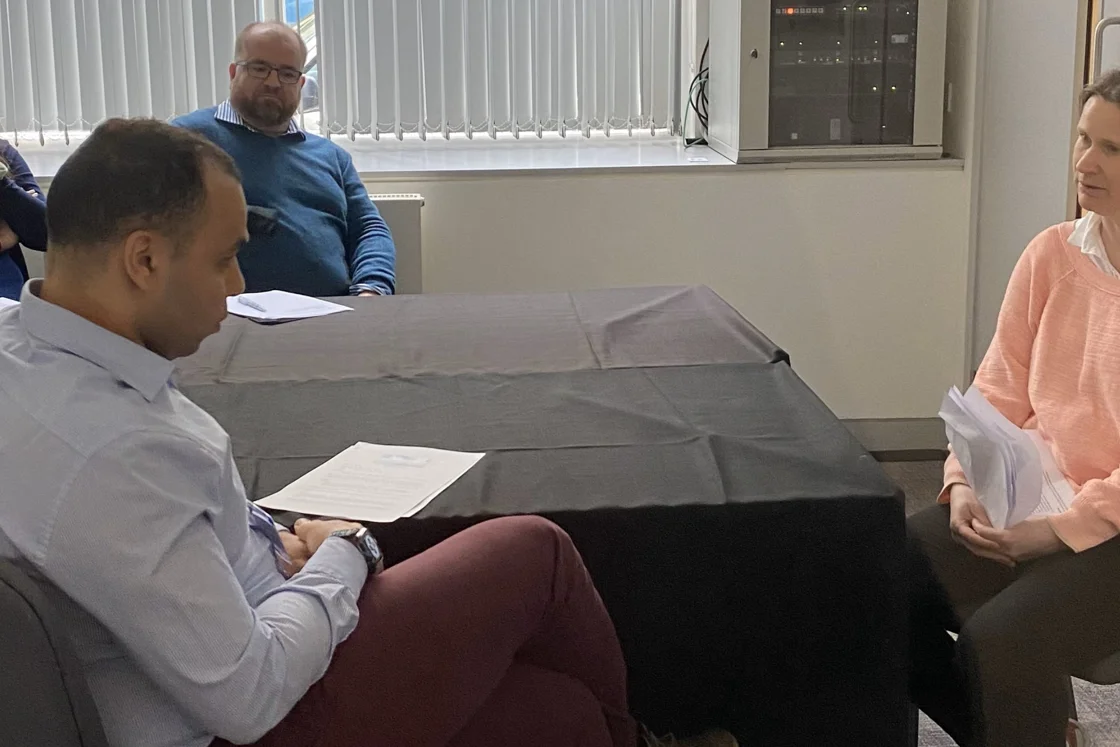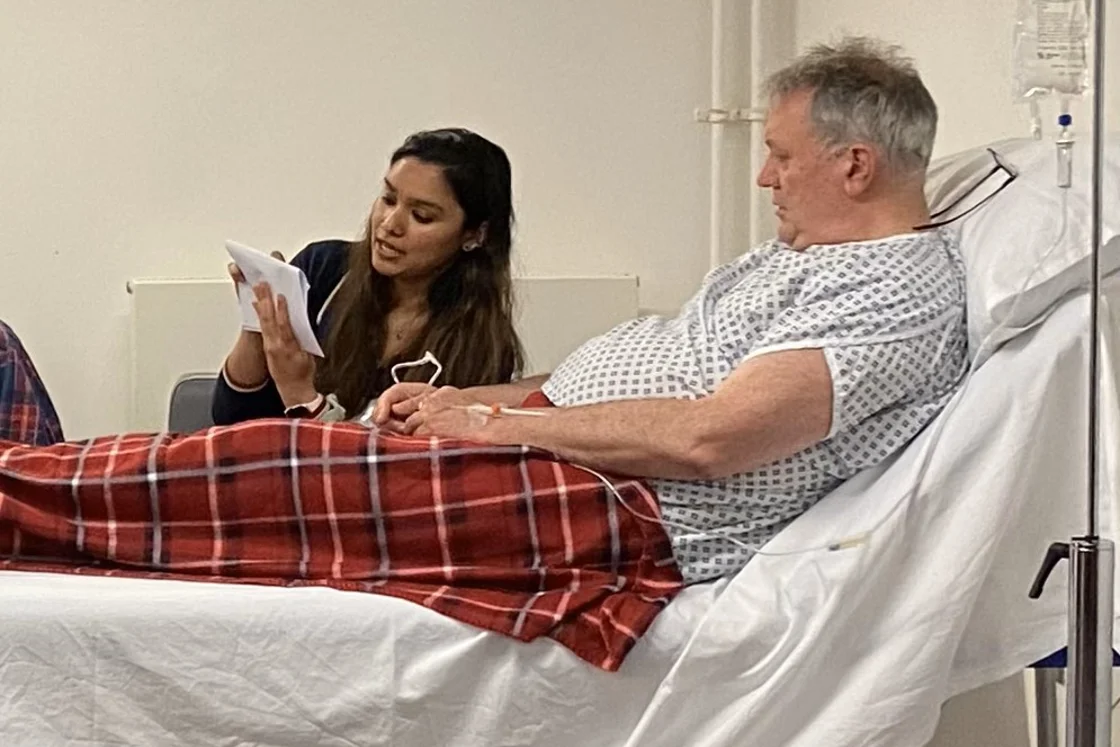There is substantial evidence that patients not only get more appropriate treatment, but they experience better outcomes, cope more effectively with complications, and often undergo fewer operations when there is robust pre-operative shared decision-making between them (the expert on what matters to them) and the surgeon (the expert on possible treatments and balancing risks). Additionally, there are medicolegal imperatives surrounding informed consent.
Moreover, when things go wrong, careful conversations are crucial for supporting patients and maintaining trust, as well as for our own well-being.
Consultations at the end of life or during childhood can present particular challenges.
In a busy surgical service, finding the time, energy, and skills for every patient conversation can be difficult. Developing these skills can take years, and they are often learned ad hoc.
Consultation Challenges:
We observe excellent consultation skills among surgeons in training and in practice, but we also encounter challenges such as:
- A mismatch of surgeon’s and patient’s agendas;
- A struggle to communicate or understand risks;
- A cultural misunderstanding;
- A simple lack of connection or rapport;
- A glitch in systems or teamwork;
- An uncertainty what to say after a complication; perhaps avoidance or unnecessary defensiveness;
- An unexpected and/or cumulative psychological “hit” on the surgeon as well as the patient;
- A safeguarding challenge or capacity issue with a child or vulnerable adult.
Fortunately, there are models, guidance, tips, and techniques available to assist us. Both faculty and trainees can improve their skills through deliberate practice and feedback.
By employing a "Safety 2" approach (focusing on what goes well) in addition to "Safety 1" (focusing on what goes wrong), we aim to help trainees approach consultations with the same care they apply to operations, without adding to their burden of time or energy.
Evolving from the College’s one-day ICONS (Informed Consent) course, COSMOS now seeks to offer a modular, helical programme consisting of a training day each year for four years (ideally ST2-5), with supplementary pre- and post-course materials.
| A | CT2 / ST2-4 | Opening & closing
Shared Decision Making (3-talk model) Communicating risk Cultural competence |
Scotland 3x pa since ‘20,
B’ham Spring ‘25 |
Commn of risk: video | Opening & closing: video scenarios & discussion
Shared decision making, 3-talk model: teaching and discussion 4 short simulations, small group debrief Commn of risk: discussion of pre-crs video |
Handouts
Workplace consultation + video-assisted remote debrief (optional) |
| B | ST3-5 | “When it all goes wrong”
Conversations with patients, teams, 2nd casualties. Responding to complaints |
Scotland 3x pa since ‘24,
B’ham Spring ‘25 |
Module A recap video including new scenario | Facilitated discussions using video analysis
Didactic sessions 2 simulations, small group debrief |
Handouts
Podcast link |
| C | ST4-6 | Childhood, end of life
Cultural competence Subspecialty issues |
To pilot in 2025 | |||
| D | ST5-7 | Consent
Bringing it all together |
To design & pilot in 2026 |
To date, we have established Module A over the past three-years as part of the Scottish Core Surgery Year 2 “Booster Camp” and are planning to expand it to other UK deaneries in the coming year. We have also piloted Module B twice in 2024, are integrating it into Scottish General Surgery training programmes, and will offer it to other UK deaneries next spring. Modules C and D are in development, focusing on childhood and end-of-life conversations, as well as subspecialty issues and consent.
To support this expansion, we plan to grow the faculty. All faculty members will receive training on debriefing after simulations and will have the opportunity to shadow a module before delivering it. Ongoing faculty coaching and accreditation will be established during 2025.
COSMOS - Module A
Trainees'
This 1st module in a series of 4 covers “Opening and Closing”, “Shared Decision Making with Patients” and “Communication of Risk".
Book hereCOSMOS - Module B
Trainees'
This 2nd module in the series covers “Cultural Competence”, “Difficult conversations when it all goes wrong” and “The second casualty”.
Book hereGallery
Contact us
Prospective faculty can enquire by emailing l.mcgregor@rcsed.ac.uk or kenneth.walker@nhs.scot.
Training Programme Directors interested in commissioning modules for their programmes should email kenneth.walker@nhs.scot.





